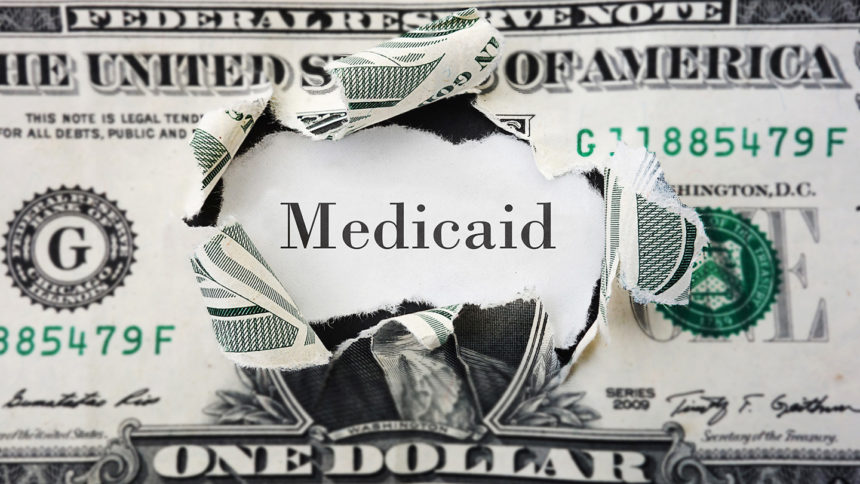
The nation’s 15,500 Medicaid-certified nursing homes could find that there are strings attached to future Medicaid payments if a proposal from the federal government proceeds, Kaiser Health News reports.
Medicaid pays the bills for 62% of long-term care residents in nursing homes, the media outlet said.
President Biden took direct aim at nursing homes in his State of the Union address in March. The address followed a White House fact sheet published a few days earlier that said that “[d]espite the tens of billions of federal taxpayer dollars flowing to nursing homes each year, too many continue to provide poor, sub-standard care that leads to avoidable resident harm.”
Among topics meant to enhance SNF accountability and oversight, the White House is taking a look at Medicaid funding uses and misuses. For the first time, the government could mandate that the bulk of funds received from Medicaid be used on direct care and limit the portion spent for operations, maintenance and capital improvements.
Although the strategy has not yet been formally proposed, Dan Tsai, a deputy administrator at the Centers for Medicare & Medicaid Services and Medicaid director, told KHN, “We want to make sure that the dollars get to the direct care workforce to ensure high-quality care.”
The federal government appears to be following precedents set by Massachusetts, New Jersey and New York to limit how much operators can profit from resident care. The laws are intended to address problems local leaders say were exposed during the COVID-19 pandemic.
New York’s requirement mandates that nursing homes use at least 70% of their revenue, including payments from Medicaid, Medicare and private insurers, on direct resident/patient care and at least 40% of that on staffing. The Massachusetts mandate requires nursing homes to spend at least 75% of all revenue on direct care, whereas New Jersey’s proposal requires providers to spend at least 90% of revenue on resident/patient care.
Those mandates have not gone over well with some providers. Nonprofit New York nursing homes are taking action against the state in a push to overturn what they call “illegal and unconstitutional” policies that establish a minimum staffing requirement and spending mandates for providers.
“Groups bringing the lawsuits argue that forcing owners to spend more money on direct care leaves less money for maintaining their facilities and that the quality of care will suffer,” KHN reported. “Advocates for residents say facilities can hide their profits by overpaying related businesses they own, such as laundry or food-service companies.”




